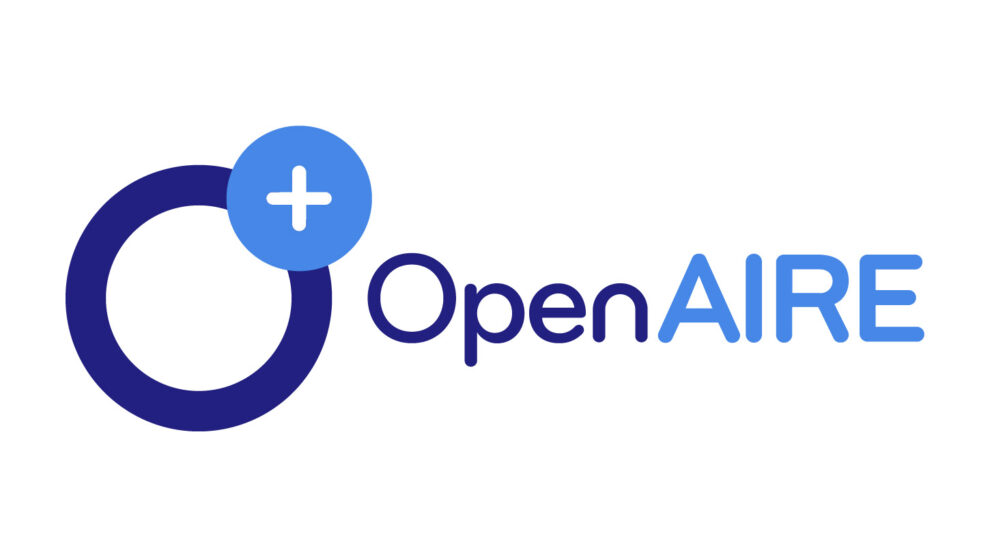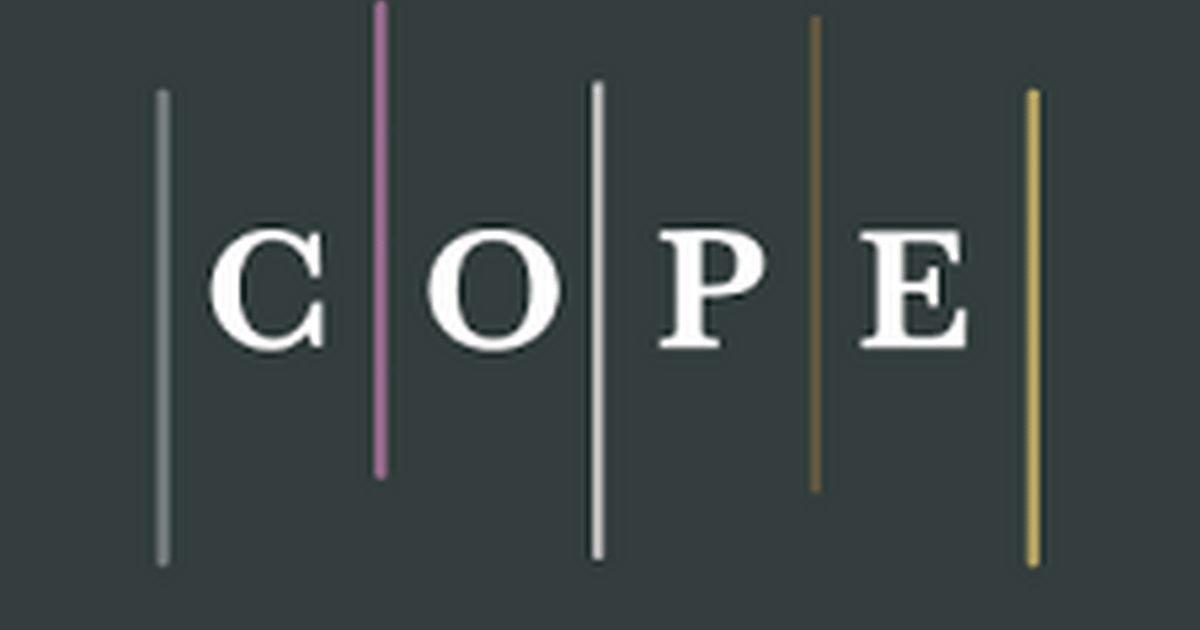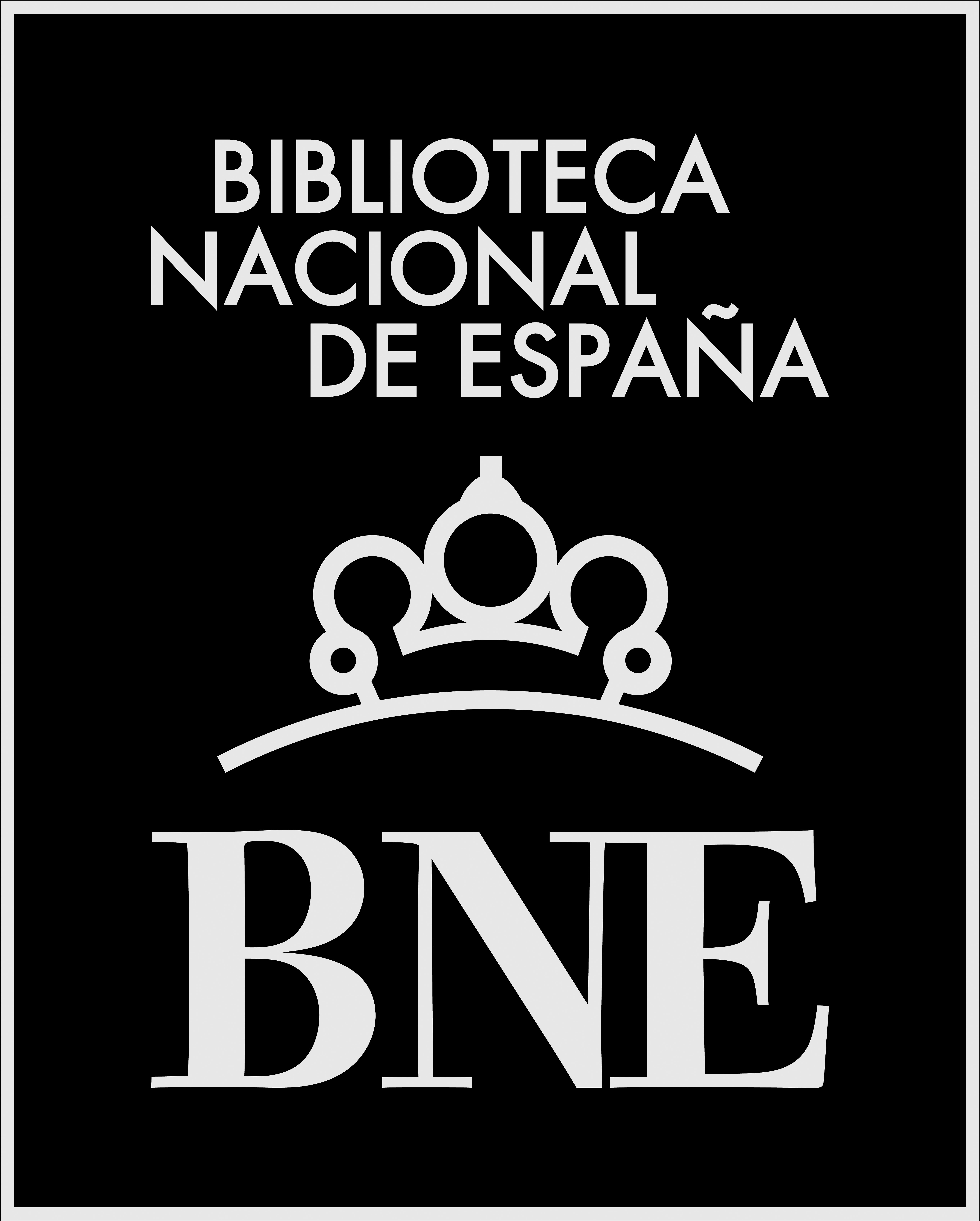Disability and social inclusion: progress and new challenges in ecuadorian higher education
DOI:
https://doi.org/10.5281/zenodo.14788238Keywords:
Educación inclusiva, Educación superior, Educación especial, Discapacidad, Participación ciudadanaAbstract
Social inclusion as a right and a principle of education at all levels, both in Ecuador and in other parts of the world, is attracting more and more attention from researchers and scholars from the contributions of different disciplines. Although it includes other manifestations of exclusion, there is no doubt that the problems generated by disability occupy a central place in this issue, especially in terms of how to enforce such rights in practice. It is perhaps in universities and other higher education institutions that this problem is very topical, due to the complexity of their programs and the very nature of certain academic studies. This article describes the subject from several angles and also offers an overview of the policies and legal norms that govern it, as well as some advances and challenges to be taken into account, in the conditions of Ecuadorian higher education. The methodology used is mainly based on bibliographic and documentary study, although it is also due to direct observation, several interviews and a small survey, taken within the framework of a case study applied at the Faculty of Social Communication of the University of Guayaquil.
Downloads
References
Álvarez, P., y López, D. (2015). Atención del profesorado universitario a estudiantes con necesidades educativas específicas. Revista de educación y educadores, 18(2), 193-208. https://doi.org/10.5294/edu.2015.18.2.1
Arnaiz, P. (2004). La educación inclusiva: Dilemas y desafíos. Revista de educación, desarrollo y diversidad, 7(2), 25 – 40. https://acortar.link/GFOOJ3
Blanco, R. (2008). La Educación Inclusiva: El camino hacia el futuro. Conferencia Internacional De Educación. Unesco (Marco conceptual sobre educación inclusiva). Ginebra: http://www.ibe.unesco.org/fileadmin/user_upload/Policy_Dialogue/48th_ICE/CONFINTED_48_Inf_2__Spanish.pdf.
Castro Mujica, C. A. (abril de 2015). Aplicación de las Tic's en el proceso enseñanza aprendizaje de estudiantes con necesidades educativas especiales. https://dspace.ups.edu.ec/bitstream/123456789/10049/1/UPS-GT000892.pdf
Constitución. (2008). Constitución de la República del Ecuador. 2008. Quito: Corporación de Estudios y publicaciones. Quito.
Cotán, E. (2017). Educación inclusiva en las instituciones de educación superior: narrativas de estudiantes con discapacidad. Revista Española de Discapacidad, 5 (1), 43-61.
Echeita, G. (2017). Educación Inclusiva; Sonrisa y Lagrimas. Aula Abierta , 46(2), 17-24. https://doi.org/10.17811/rifie.46.2.2017.17-24
Fernández, F. (2012). EDUCREA. Obtenido de Las Tics en el ámbito educativo: https://educrea.cl/las-tics-en-el-ambito-educativo/
Flores, O., Fabara, J. M., y Velásquez, F. D. (2019). Propuestas para una Mejor Integración de los Estudiantes con Discapacidad a la Universidad de Guayaquil. Revista Científica Mundo de la Investigación y el Conocimiento, 3 (1), 387-420. https://www.recimundo.com/index.php/
García-Moya y Sánchez, R. (2021). Apoyo psicosocial, atención relacional y comunicativa en instituciones. Paraninfo S.A.
Guzmán, K. (2018). La comunicación empática desde la perspectiva de la educación inclusiva. Actualidades investigativas en educación, 18(3), 1-19. https://doi.org/10.15517/aie.v18i3.34211
LOES. (2018). Ley Orgánica Educación Superior. Obtenido de https://www.ces.gob.ec/documentos/.pdf
López-Justicia, M. (2012). Autoconcepto de estudiantes universitarios con discapacidad visual, auditiva y motora. Revista Latinoamericana de Psicología, 44(2), 87-98., http://dx.doi.org/10.14349/rlp.v44i2.1034.
Marcelina, L. (octubre 2017). Barreras ocultas en entornos virtuales para estudiantes con discapacidad visual. Reflexión Académica en Diseño y Comunicación. Año XIX. Vol. 33.
Naciones Unidas. (10 de Diciembre de 1948). La Declaración Universal de Derechos Humanos. Obtenido de La Declaración Universal de Derechos Humanos: https://www.un.org/es/about-us/universal-declaration-of-human-rights
Olortegui, M. (2020). Barreras comunicativas en personas con discapacidad visual. [Trabajo de Fin de Grado, Universidad César Vallejo]. https://hdl.handle.net/20.500.12692/63913
OMS, y Vázquez Barquero, J. L. (2001). Clasificación Internacional de la discapacidad y de la salud. Obtenido de Organización mundial de la salud OMS: https://aspace.org/assets/uploads/publicaciones/e74e4-cif_2001.pdf
ONCE. (2013). La discapacidad visual. Obtenido de https://www.once.es/dejanos-ayudarte/la-discapacidad-visual
Parrilla, Á. (2002). Acerca del origen y sentido de la Educación Inclusiva. Revista de educación, Universidad de Sevilla, http://scielo.senescyt.gob.ec/scielo.php?script=sci_nlinks&pid=S1390-8642202000010011300030&lng=en.
Pont, J. (2015). La comunicación de Jürgen Habermas y el construccionismo sistémico de Niklas Luhmann: posibilidades de un paradigma de síntesis. Espacio abierto (24) 3, 23-41. https://www.redalyc.org/pdf/122/12242627002.pdf
Ramírez, W. (2017). La inclusión: una historia de exclusión en el proceso de enseñanza-aprendizaje. cuadernos de lingüística hispánica, (30) 211-230. https://doi.org/10.19053/0121053x.n30.0.6195
Rojas, H., Guerrero, L., y Borja, O. (2020). Percepciones a una educación inclusiva en el Ecuador. Revista Catedra , 75-93.
Ruiz, A. (2020). Educación inclusiva, criticidad y compromiso social. Innovación docente y aprendizaje- servicio en la formación inicial docente. Revista de docencia universitaria, 18(1), 233-148. https://doi.org/10.4995/redu.2020.12407
Sanahuja, A., Moliner, L., y Alegre, F. (2020). Educación Inclusiva y tic: un análisis de las percepciones y practicas docentes. Revista de Pedagogía, 72 (3) 123-138. https://dialnet.unirioja.es/servlet/articulo?codigo=7637181
Senecyst. (11 de abril de 2019). Senescyt plantea una educación superior en igualdad de oportunidades. Obtenido de https://www.educacionsuperior.gob.ec/senescyt-aborda-politicas-de-inclusion-en-la-educacion-superior-en-taller-del-conadis/
Sevilla, D., Martin, M., y Cristina, J. (2018). Actitud del docente hacia la educación inclusiva y hacia los estudiantes con necesidades educativas especiales. Innovación educativa , 18(78) 115-141. https://www.scielo.org.mx/scielo.php?pid=S1665-26732018000300115&script=sci_abstract
UNESCO (2008). La educación inclusiva: el camino hacia el futuro. Conferencia internacional de educación http://www.ibe.unesco.org/fileadmin/user_upload/Policy_Dialogue/48th_ICE/CONFINTED_48_Inf_2__Spanish.pdf)
UNESCO. (1996). La educación encierra un tesoro. Informe a la UNESCO de la Comisión Internacional sobre la Educación para el Siglo XXI presidida por Jaques Delors. UNESCO.
UNESCO. (2005). Guidelines for Inclusion: Ensuring Access to Education for All. UNESCO.
Universidad de Guayaquil (2017) Reglamento General de Bienestar Estudiantil. (2017). http://www.ug.edu.ec/leytransparencia/literala/2017/a3_reglamento/Reglamento_de_Bienestar_Estudiantil.pdf
Downloads
Published
Versions
- 2025-08-13 (2)
- 2025-02-02 (1)
Issue
Section
License
Copyright (c) 2025 Brenda Miroslava Carrión Ramírez, Idana Beroska Rincón Soto (Autor/a)

This work is licensed under a Creative Commons Attribution-NonCommercial-NoDerivatives 4.0 International License.
This journal provides immediate open access to all its content, following the principle that making research freely available to the public fosters a wider global exchange of knowledge. In line with this commitment, the articles published in the Revista de Estudios Pedagógicos Contemporáneos are licensed under a Creative Commons CC BY 4.0 — Attribution International License, which allows sharing and adaptation of the content, provided appropriate credit is given to the authors and the journal.
How to Cite
Similar Articles
- Juan Antonio Palazón Conca, Promoting gender equality in the classroom through ict: a case study in elementary education , The Journal of Contemporary Pedagogical Studies : Vol. 1 No. 1 (2025)
- Miguel Salgado García, Service-Learning and oral health education: a methodological proposal in vocational healthcare training , The Journal of Contemporary Pedagogical Studies : Vol. 1 No. 1 (2025)
- Elena Sánchez Clemente, The Families Forest: An Innovation Proposal for Early Childhood Education , The Journal of Contemporary Pedagogical Studies : Vol. 1 No. 1 (2025)
- Javier Bermejo Rodríguez, Gustavo Eduardo Toledo Lara, Toward a philosophical understanding of the curriculum: emerging logics , The Journal of Contemporary Pedagogical Studies : Vol. 1 No. 1 (2025)
- Gonzalo Adrián Espejo Marín, Functional diversity in students and the use of ICTs: an innovation proposal , The Journal of Contemporary Pedagogical Studies : Vol. 1 No. 1 (2025)
- Benjamín Barón-Velandia, Daniel Nofrid Rocha Jiménez , Mauro Grossi Pasche , Cristián Cofré León, Samir Esteban Pérez Suárez, Gamification in a COIL project for industrial engineers , The Journal of Contemporary Pedagogical Studies : Vol. 1 No. 1 (2025)
- Gustavo Eduardo Toledo Lara, Editorial , The Journal of Contemporary Pedagogical Studies : Vol. 1 No. 1 (2025)
- Pablo Alejandro Veintimilla Ramirez , Educational reforms and public policies in upper secondary education: a comparative analysis of the cases of Spain and Ecuador , The Journal of Contemporary Pedagogical Studies : Vol. 1 No. 1 (2025)
- Solangie Martínez Urbano, Critical analysis of the article “Gamification in a COIL project for industrial engineers” , The Journal of Contemporary Pedagogical Studies : Vol. 1 No. 1 (2025)
- Rogeli Santamaría Luna, Recent trends in rural education research in Spain , The Journal of Contemporary Pedagogical Studies : Vol. 1 No. 1 (2025)
You may also start an advanced similarity search for this article.
Most read articles by the same author(s)
- Idana Beroska Rincón Soto, Neuroeducation, social sciences and student dropout in the digital age , The Journal of Contemporary Pedagogical Studies : Vol. 1 No. 1 (2025)















